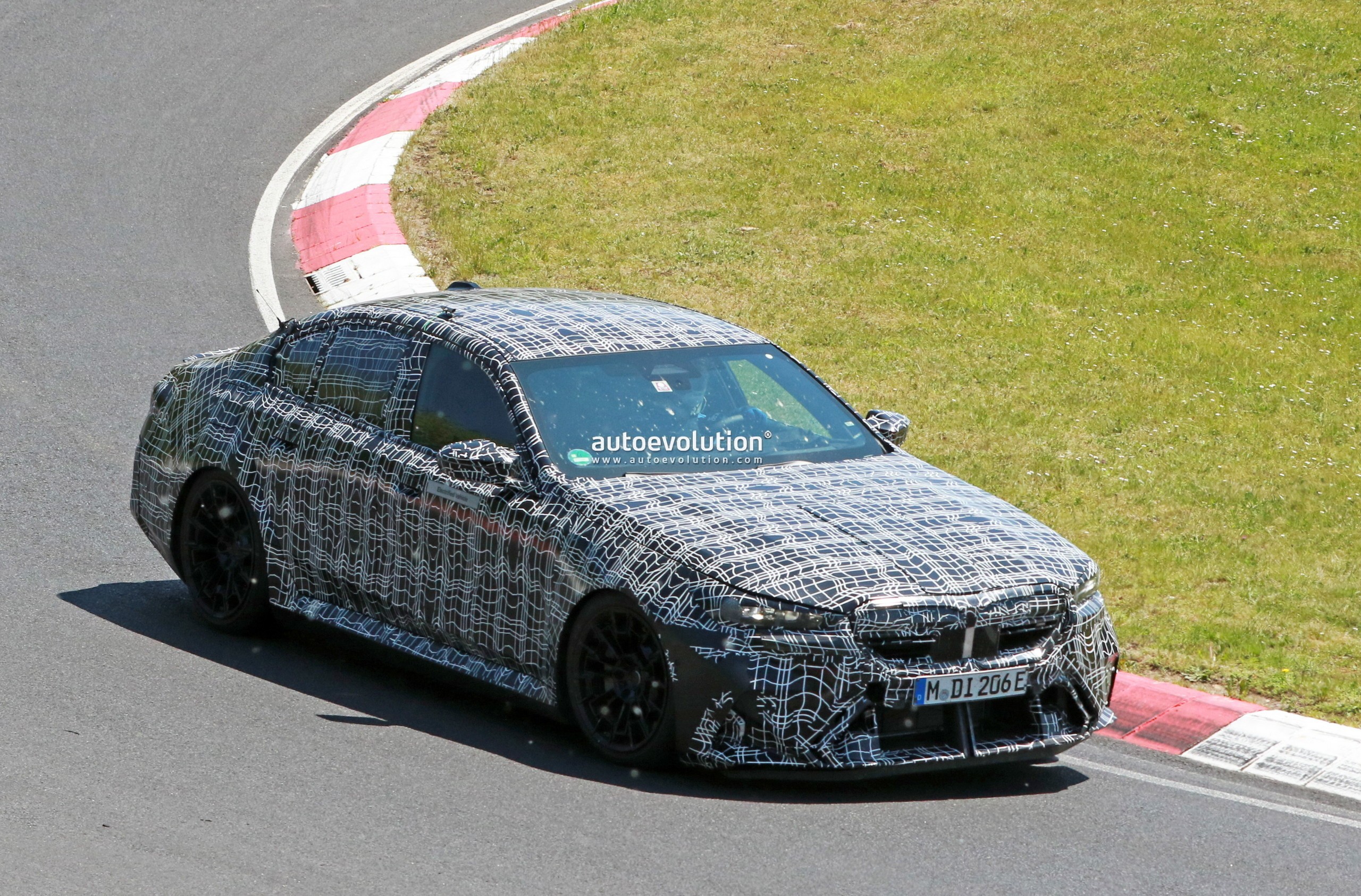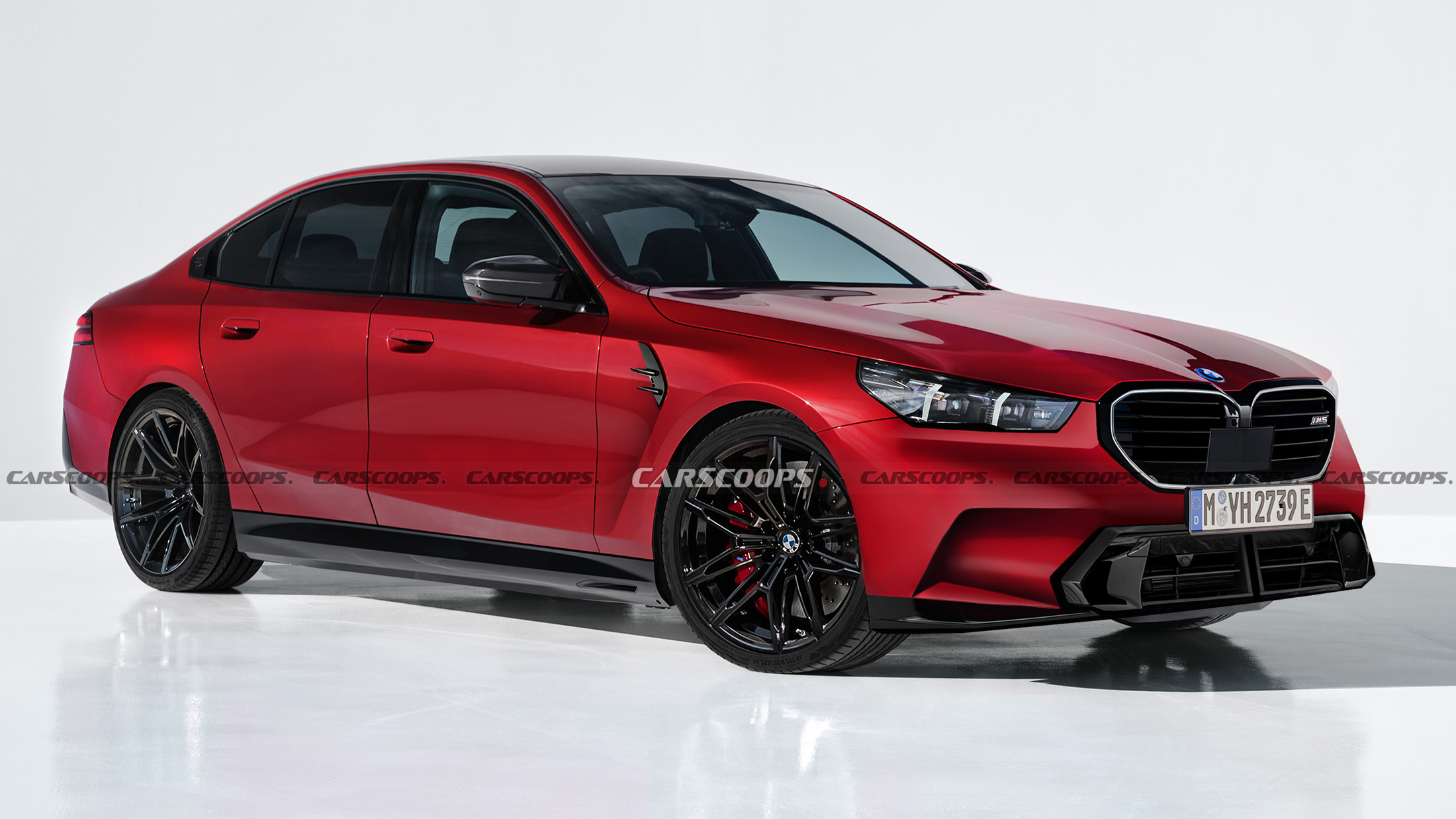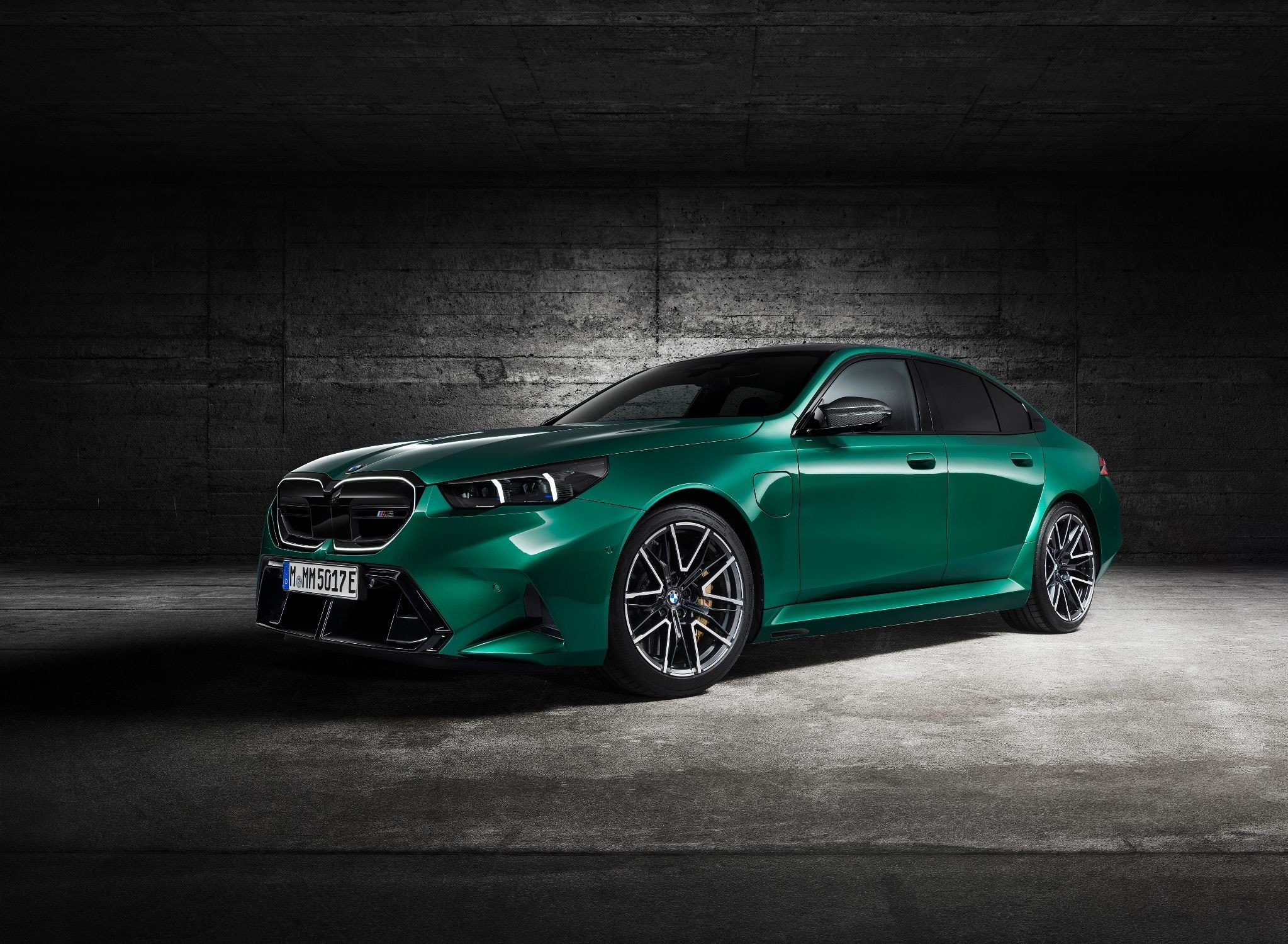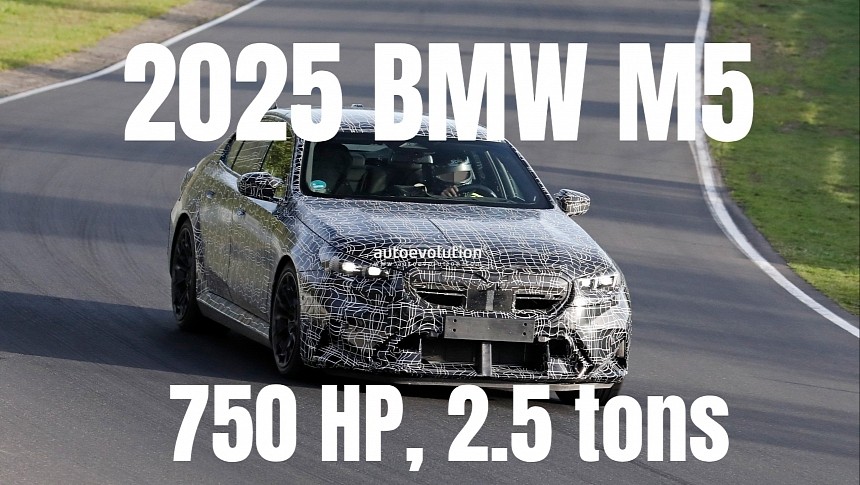
The Elusive Weight: Unraveling the Mystery of the 2025 BMW M5
The BMW M5 has long been a benchmark in the performance sedan segment, renowned for its potent engine, sharp handling, and luxurious interior. As the automotive landscape evolves towards electrification and efficiency, the question arises: will the 2025 M5 continue this legacy while embracing a lighter footprint?
Speculation regarding the 2025 M5’s weight is rife, fueled by whispers of a potential hybrid powertrain and the ongoing industry trend towards weight reduction. However, concrete details remain elusive, shrouded in secrecy by BMW. This article delves into the factors influencing the 2025 M5’s weight, exploring the potential benefits and challenges of a lighter model, and examining the historical weight trends of the M5 lineage.
The Balancing Act: Performance and Efficiency
The 2025 M5 faces a delicate balancing act. It must retain the exhilarating performance that defines the M badge while simultaneously addressing the increasing demand for fuel efficiency and environmental responsibility. This necessitates a holistic approach, with weight reduction playing a pivotal role.
Potential Weight Reduction Strategies:
- Hybrid Powertrain: The most significant shift could come with the introduction of a hybrid powertrain. While adding the weight of electric motors and batteries, the potential for downsizing the internal combustion engine and utilizing regenerative braking could lead to an overall weight reduction.
- Lightweight Materials: Extensive use of lightweight materials such as carbon fiber, aluminum, and high-strength steel in the chassis, body panels, and even suspension components can significantly shave off pounds.
- Optimized Design: Streamlining the exterior design and minimizing unnecessary components can further contribute to weight reduction without sacrificing aesthetic appeal.
- Component Optimization: Detailed analysis of each component, from seats to brakes, can identify opportunities for weight savings through material selection, design refinement, and even component consolidation.
The Impact of Weight on Performance:
Weight is a critical factor influencing a car’s performance. A lighter M5 would translate to:
- Enhanced Acceleration: Reduced weight means less inertia, resulting in faster acceleration and a more responsive throttle.
- Improved Handling: A lighter car is more agile and responsive to steering inputs, leading to sharper cornering and a more engaging driving experience.
- Increased Fuel Efficiency: A lighter car requires less energy to move, resulting in improved fuel economy and reduced emissions.
The Historical Weight Trend of the BMW M5:
Examining the weight evolution of the M5 provides valuable insights into BMW’s approach to performance and efficiency:
- E28 (1984-1988): The first-generation M5, powered by a naturally aspirated 3.5-liter inline-six, weighed around 1,570 kg.
- E34 (1988-1995): The E34 M5, with its 3.6-liter inline-six, saw a slight increase in weight to approximately 1,600 kg.
- E39 (1998-2003): The E39 M5 marked a significant shift with the introduction of a 4.9-liter V8 engine, pushing the weight to around 1,700 kg.
- E60 (2005-2010): The E60 M5, featuring a 5.0-liter V10 engine, remained relatively heavy at approximately 1,800 kg.
- F10 (2011-2017): The F10 M5, powered by a 4.4-liter twin-turbo V8, saw a slight reduction in weight to around 1,750 kg.
- F90 (2017-Present): The current generation F90 M5, with its 4.4-liter twin-turbo V8, weighs approximately 1,900 kg.
The Weight Factor: A Double-Edged Sword
While reducing weight offers undeniable performance advantages, it also presents challenges:
- Cost: Implementing weight reduction strategies often involves using more expensive materials and complex manufacturing processes, potentially impacting the vehicle’s price.
- Structural Integrity: Striving for a lighter chassis can compromise structural rigidity, potentially affecting crashworthiness and handling stability.
- Ride Comfort: A lighter car might exhibit a harsher ride due to reduced mass dampening, impacting overall comfort and refinement.
The Uncertain Future: Speculation and Insights
While concrete information regarding the 2025 M5’s weight remains elusive, several factors suggest potential directions:
- Electrification: BMW’s commitment to electrification points towards a hybrid or even fully electric M5, potentially influencing the weight profile.
- Competition: The growing competition in the performance sedan segment, particularly from Tesla and other electric rivals, will likely push BMW to prioritize efficiency and weight reduction.
- Customer Expectations: The increasing awareness of environmental concerns and fuel efficiency demands could drive customer expectations for a lighter, more eco-conscious M5.
The 2025 M5: A Balancing Act for the Future
The 2025 BMW M5 is poised to be a pivotal model, navigating the evolving landscape of performance and efficiency. While the exact weight remains a mystery, it’s clear that weight reduction will play a crucial role in shaping the car’s character and defining its place in the automotive future.
The 2025 M5 must balance the inherent performance of the M badge with the growing demand for fuel efficiency and environmental responsibility. This balancing act will likely involve a combination of advanced hybrid technology, extensive use of lightweight materials, and a relentless focus on design optimization.
The ultimate success of the 2025 M5 will depend on how effectively BMW manages this delicate balance. Will it be a lighter, more efficient, and environmentally conscious evolution of the legendary M5, or will it succumb to the weight of expectations and compromise its performance legacy? Only time will tell.







